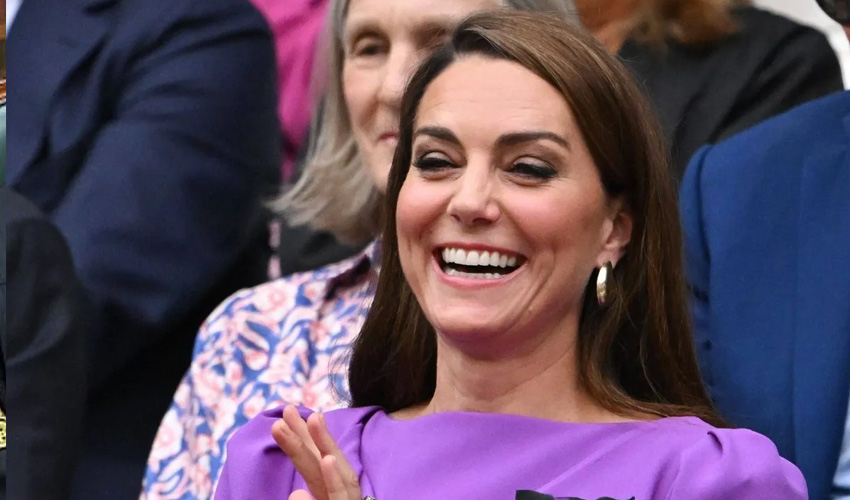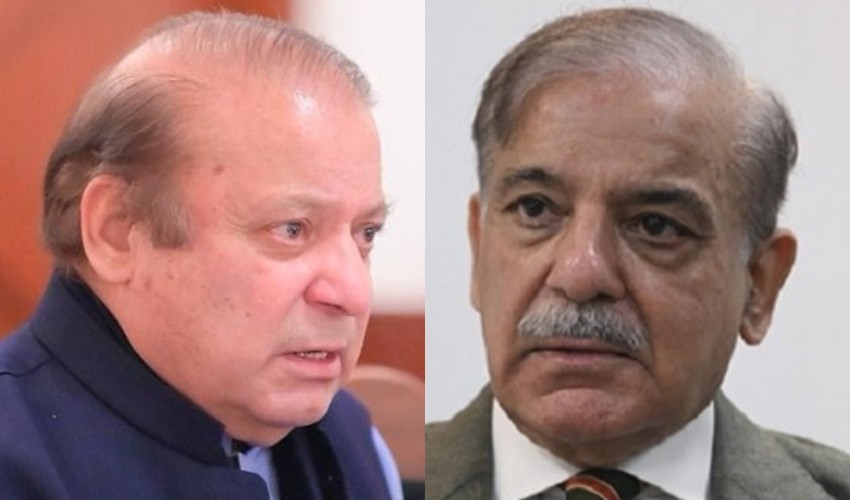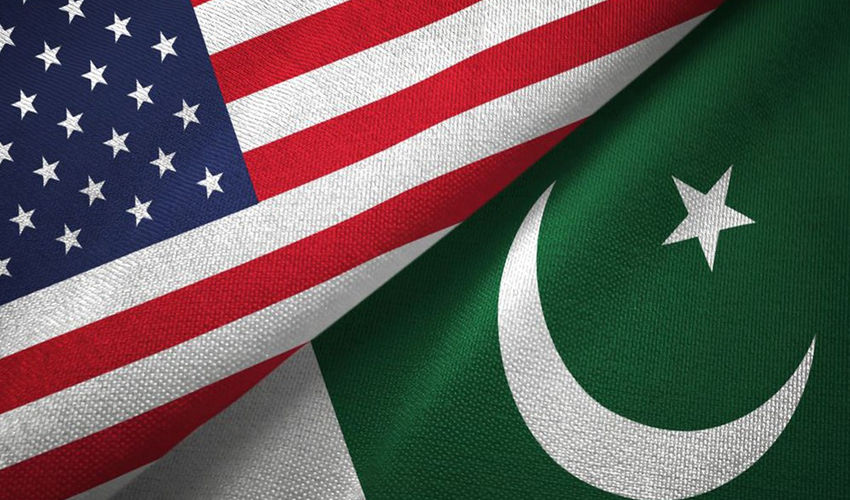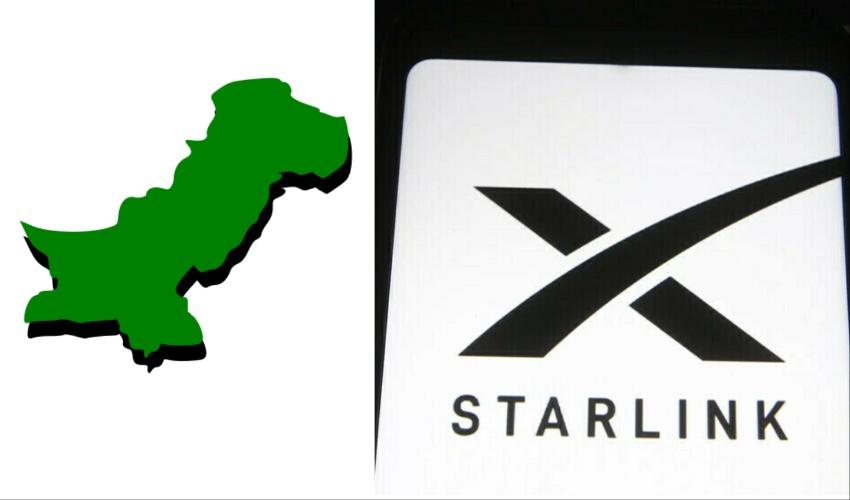King Charles has granted his daughter-in-law -the Princess of Wales, Kate Middleton - a prestigious role that marks a significant shift in the British royal family’s relationship with industry.
For the first time in 115 years, a Princess of Wales will be able to formally grant Royal Warrants, a responsibility traditionally reserved for the monarch and, on occasion, the heir to the throne.
While an official announcement is expected soon, sources close to the palace revealed that Kate Middleton will now have the authority to bestow the Royal Warrant, granting companies and brands permission to use the Royal Arms, a symbol of royal approval.
This new responsibility positions Kate as a key figure in shaping the image of British business, especially in the realms of fashion and luxury.
Experts are already calling the move a game-changer for British businesses, particularly those with a focus on fashion. Nicola Pink, founder of a leading PR firm, explained the potential influence Kate holds, referring to the "Kate effect" that has seen her personal style and choices impact global brands.
“What makes it so powerful is that it has always felt genuine—she chooses brands she truly likes or wants to support,” Pink said in an interview with The London Times.
The Royal Warrant, awarded to individuals or companies that demonstrate exemplary quality, is a mark of distinction within British commerce. Historically, only the monarch or sometimes the heir to the throne held the power to grant this honour. Kate Middleton’s new role, however, breaks this tradition, bringing her closer to the heart of British industry.
The last time a Princess of Wales held such authority was in the early 20th century, under Queen Mary, who issued Royal Warrants before her husband, King George V, ascended to the throne in 1910. Since then, the privilege has been restricted to monarchs and their immediate heirs.
Kate’s interest in promoting British craftsmanship and innovation is well-documented, with reports indicating her eagerness to recognize and support the country’s skills and industries.
Her appointment is seen as a reflection of King Charles’s growing emphasis on elevating the role of his son and daughter-in-law in the royal family’s future.



























